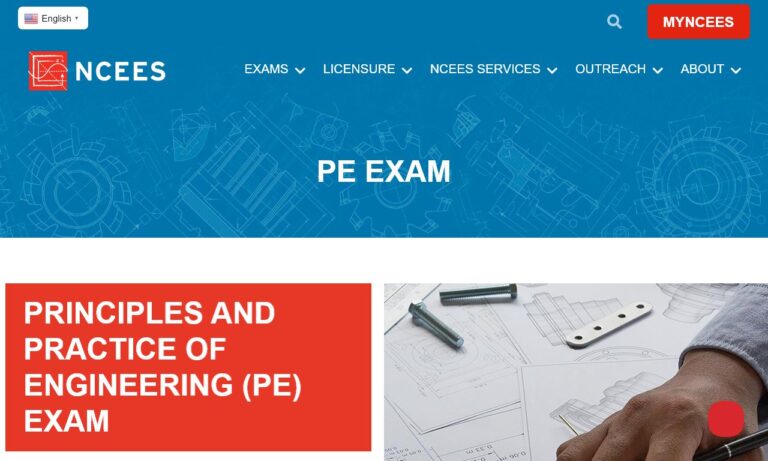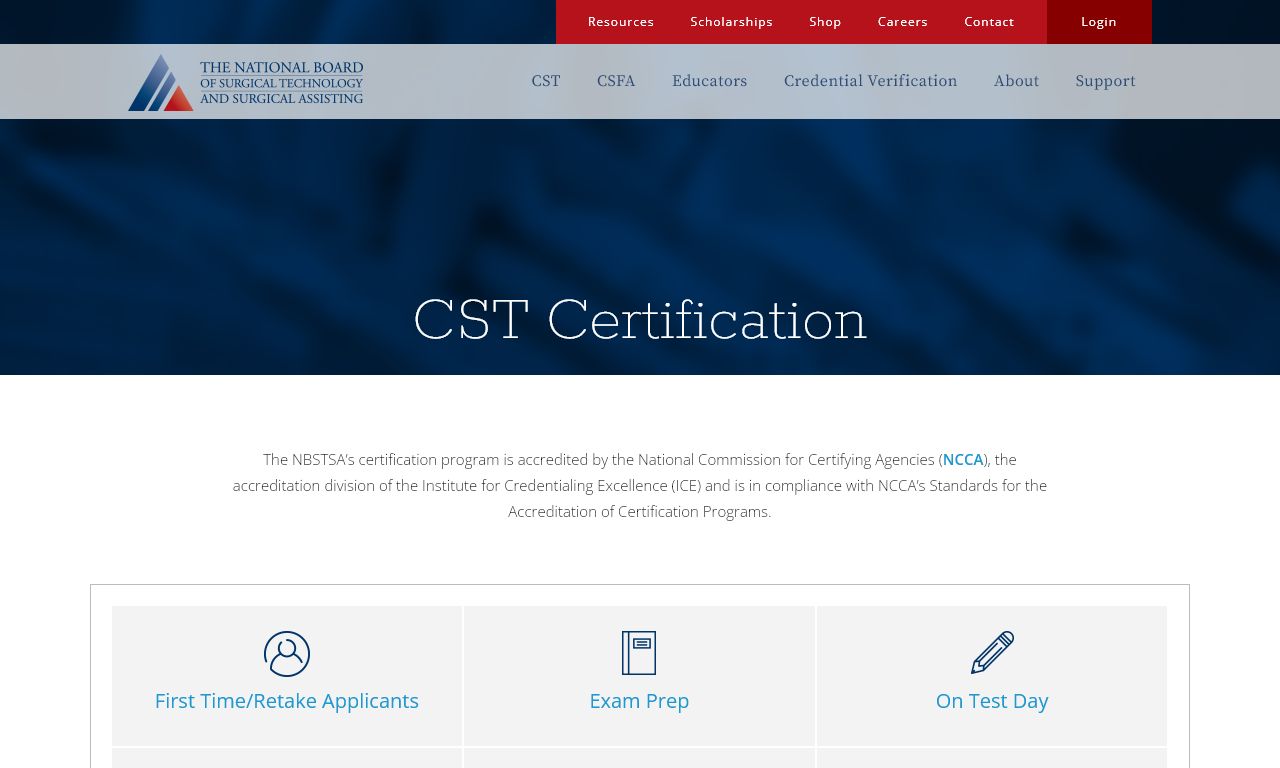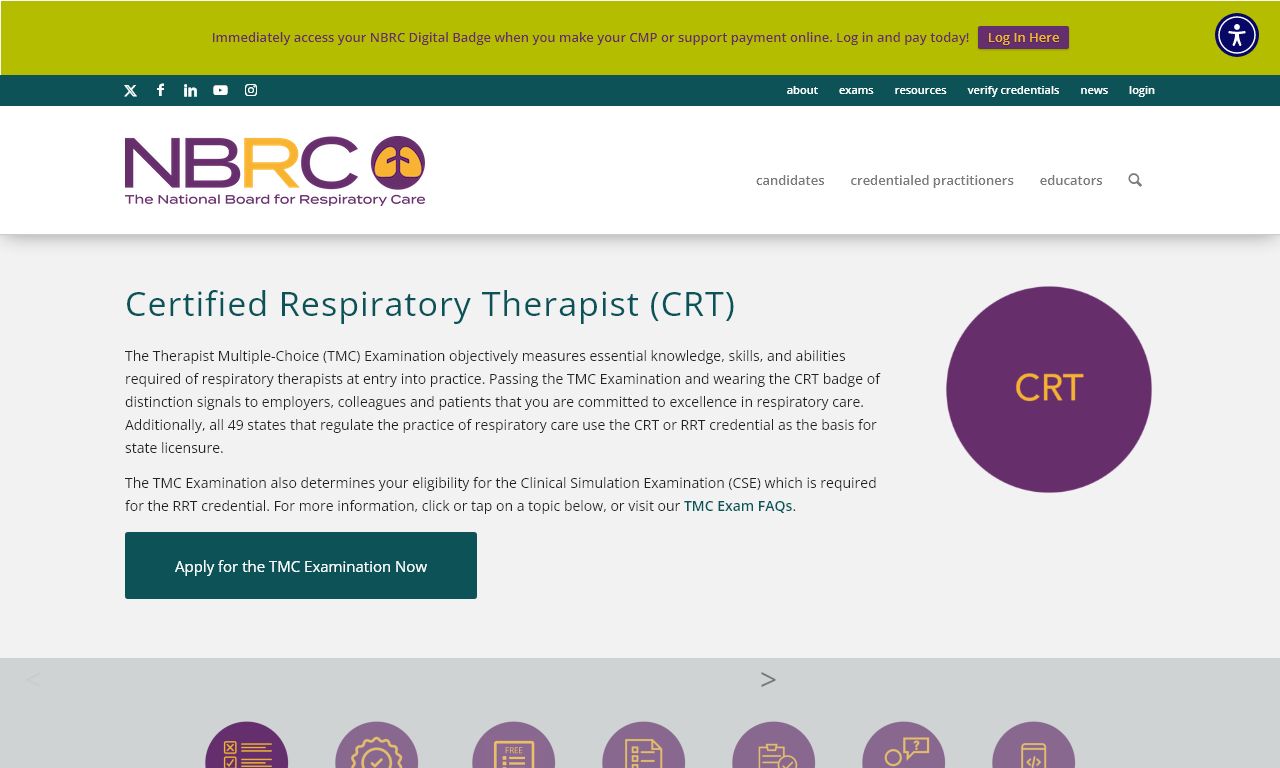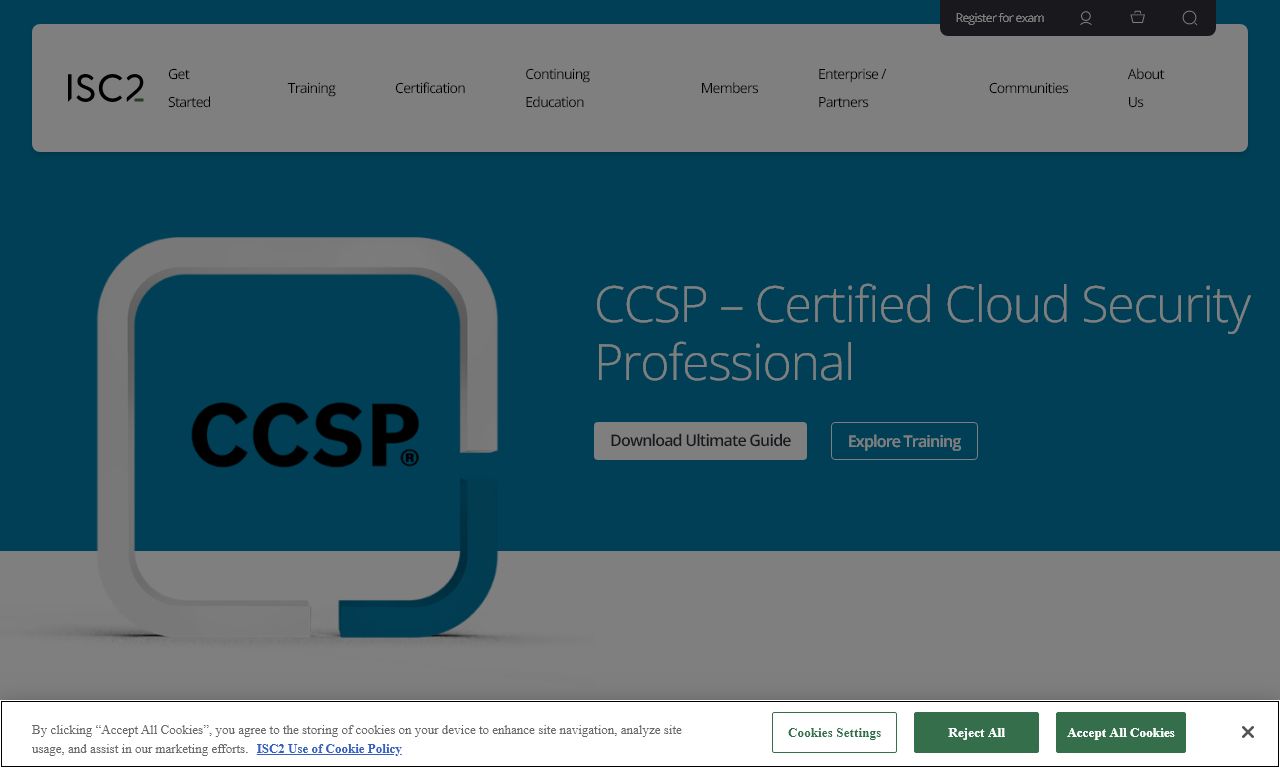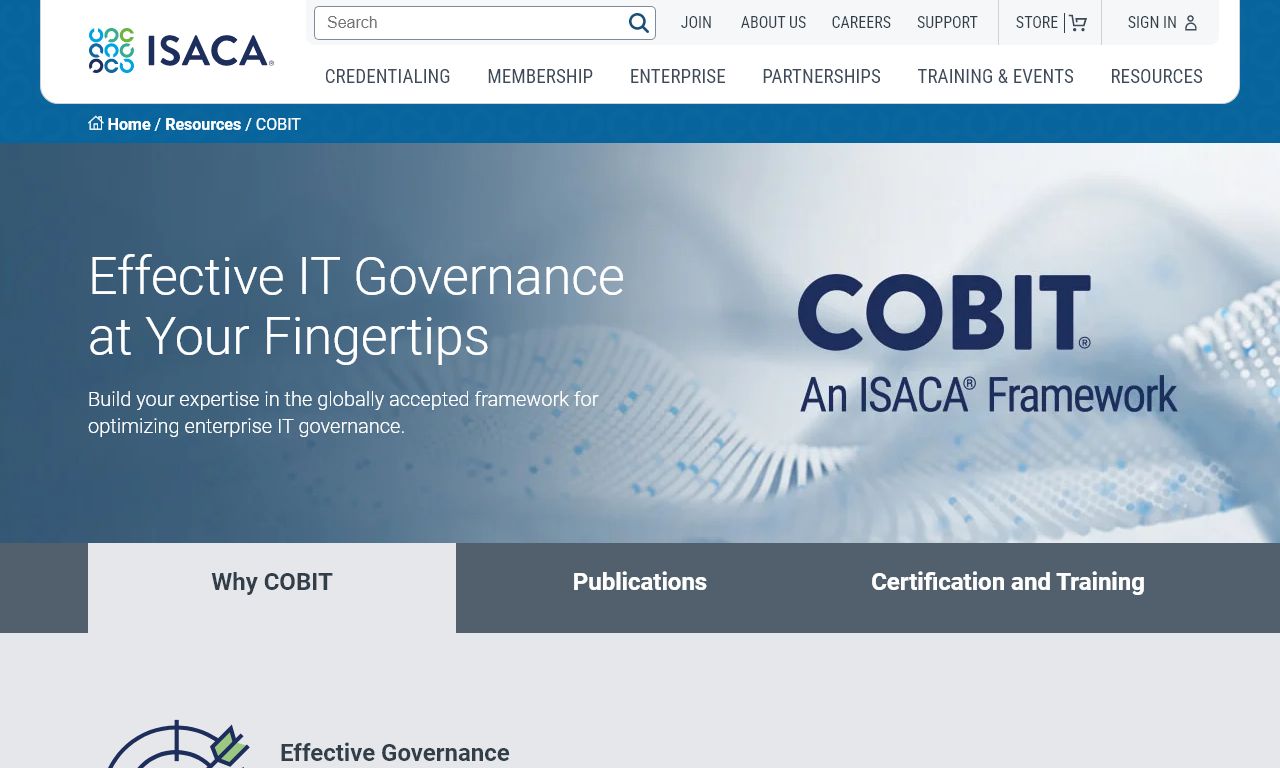Overview of the PE Exam
The PE exam, also known as the Principles and Practice of Engineering exam, is a licensing exam administered by the National Council of Examiners for Engineering and Surveying (NCEES). The exam is designed for engineers who have gained at least four years of post-college work experience in their chosen engineering discipline.
Exam Disciplines
The PE exam is offered in the following disciplines:
- Agricultural and Biological Engineering
- Architectural Engineering
- Chemical
- Civil
- Control Systems
- Electrical and Computer
- Environmental
- Fire Protection
- Industrial and Systems
- Mechanical
- Metallurgical and Materials
- Mining and Mineral Processing
- Naval Architecture and Marine
- Nuclear
- Petroleum
Exam Format
- The PE exam is an 8-hour exam split into two 4-hour sessions.
- The exam is open book, which means examinees are allowed to bring reference materials to the exam.
- The exam is a pencil-and-paper exam.
- The exam consists of 80 questions.
- All questions are multiple-choice.
Exam Scoring and Results
- All PE exam results are released to the licensing boards 8-10 weeks after the exam date.
- Examinees will receive their results from their licensing board, not from NCEES.
- The PE exam is a pass/fail exam, and scores are not released.
Exam Registration
To register for the PE exam:
- Create an account or log in to your existing MyNCEES account.
- Select the state/territory where you plan to apply for licensure.
- Verify that you meet the eligibility requirements in that state/territory.
- Select your engineering discipline and register for the exam.
Exam Dates
The PE exam is offered twice per year, typically in April and October. The specific dates vary by state and engineering discipline.
